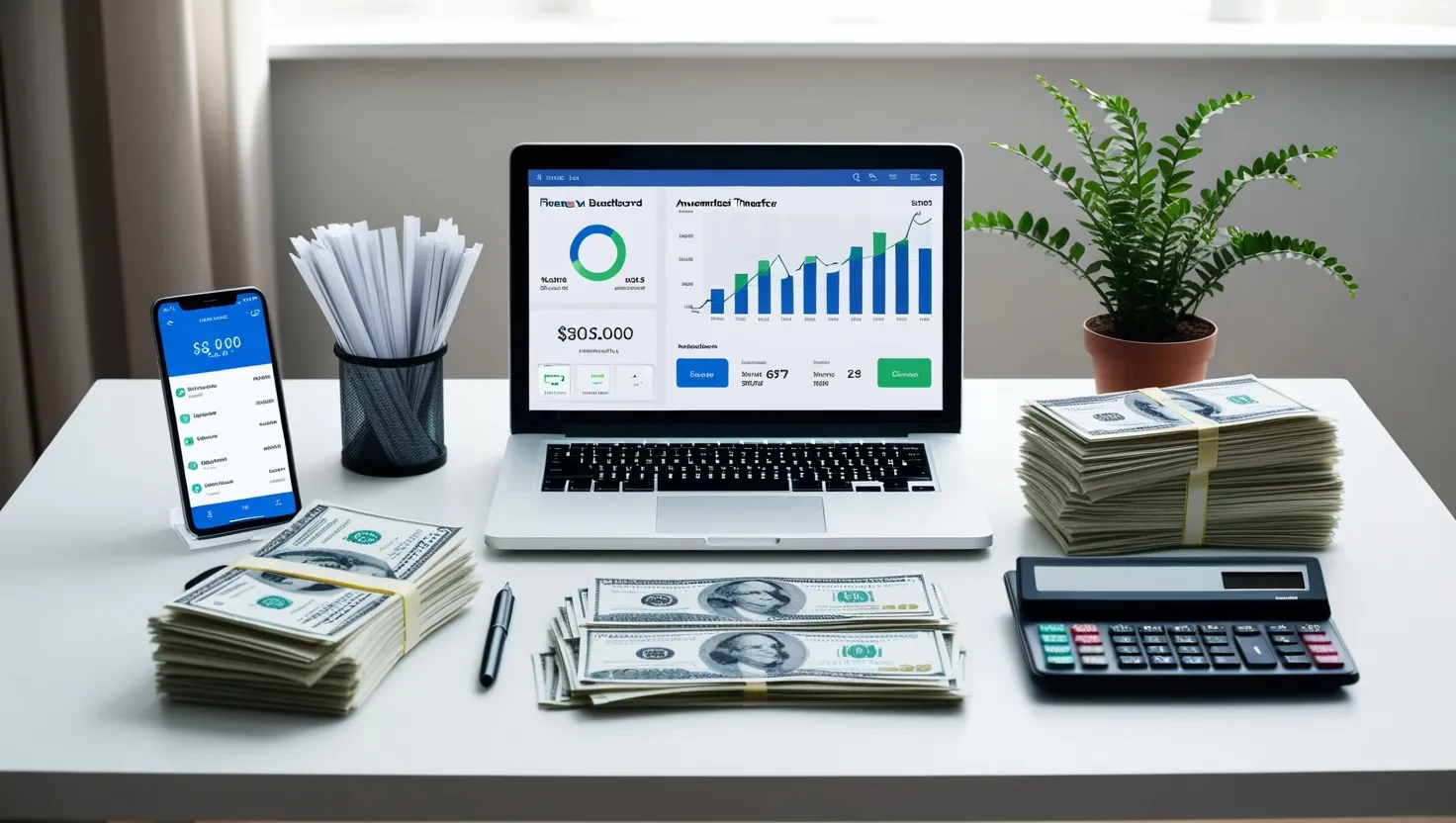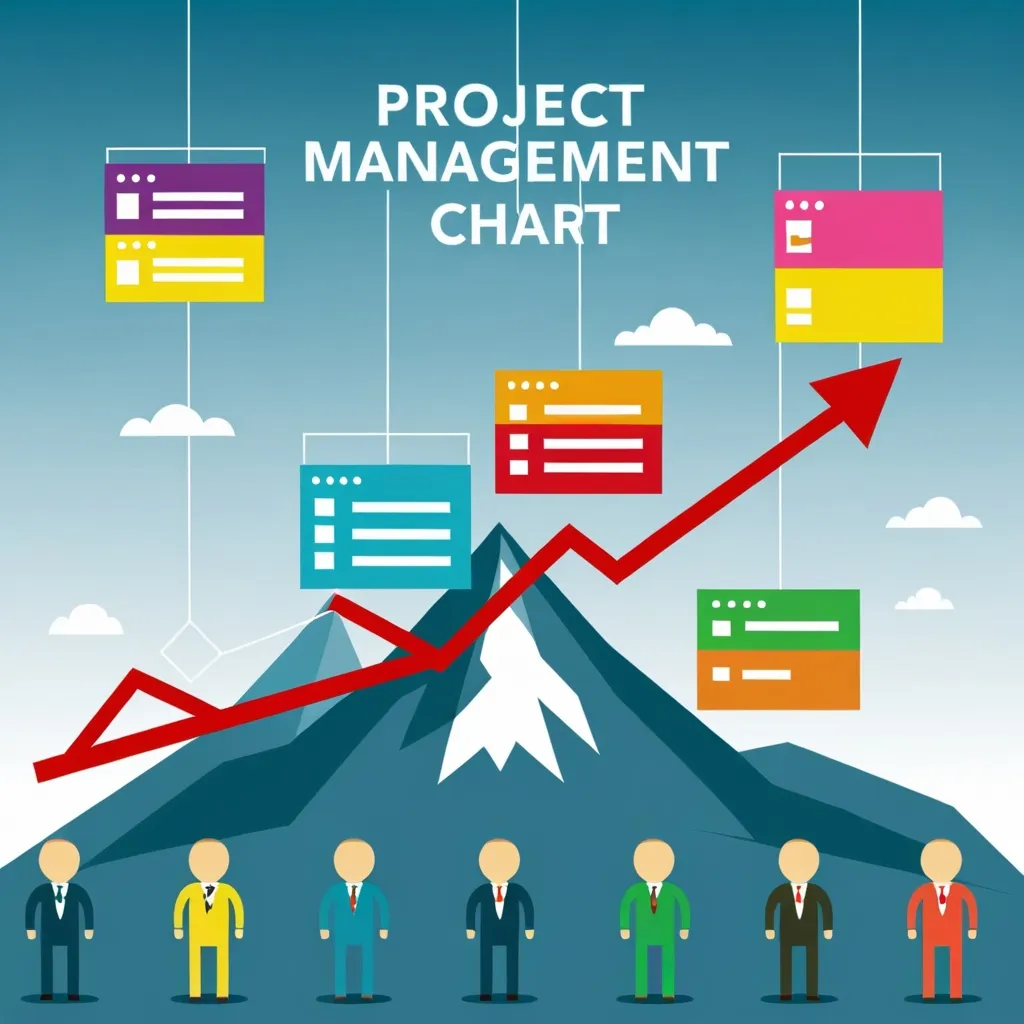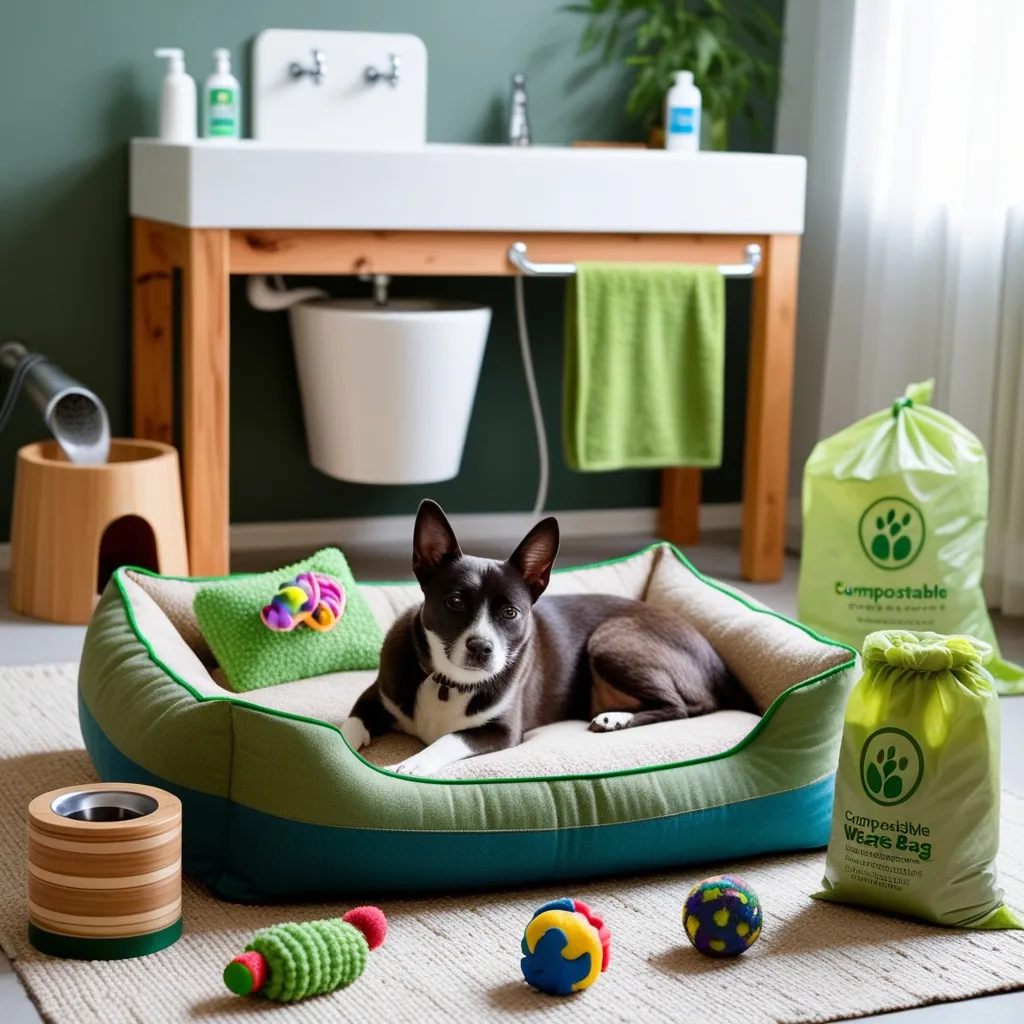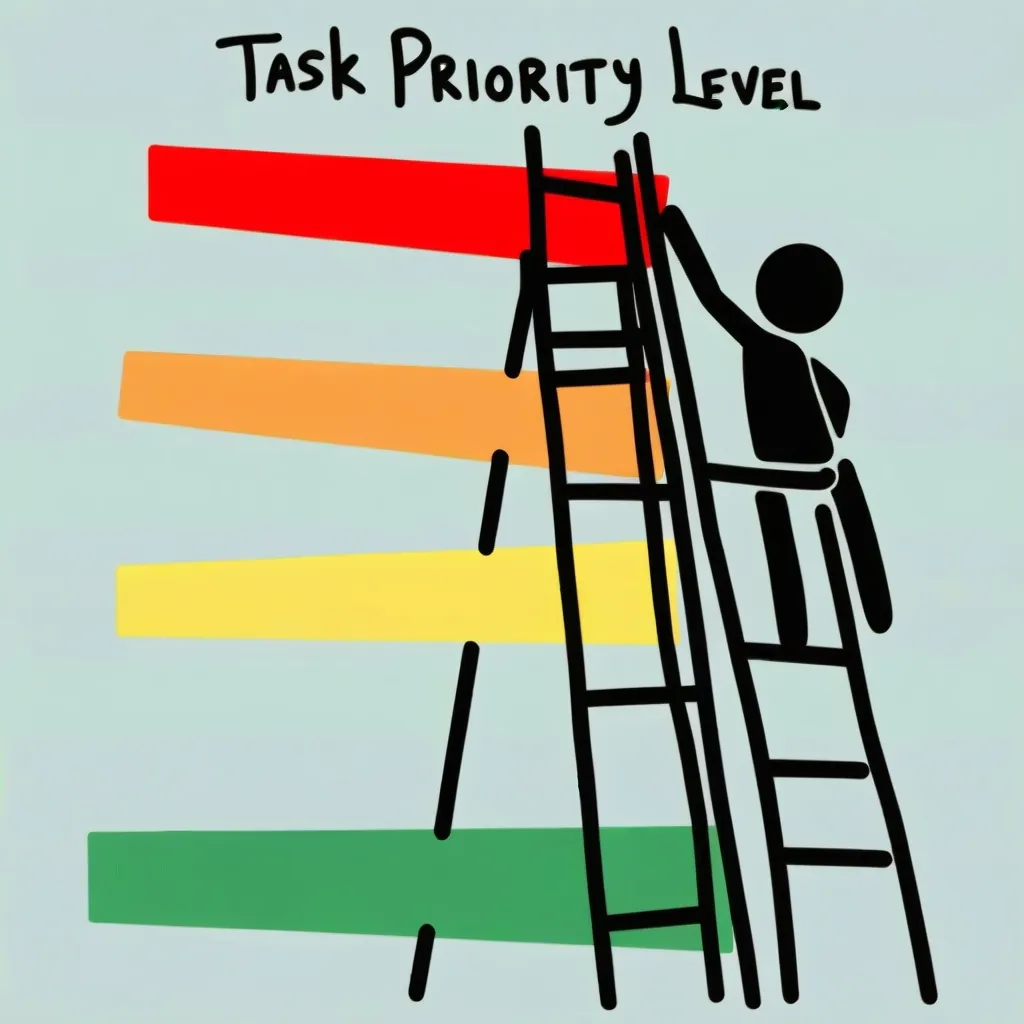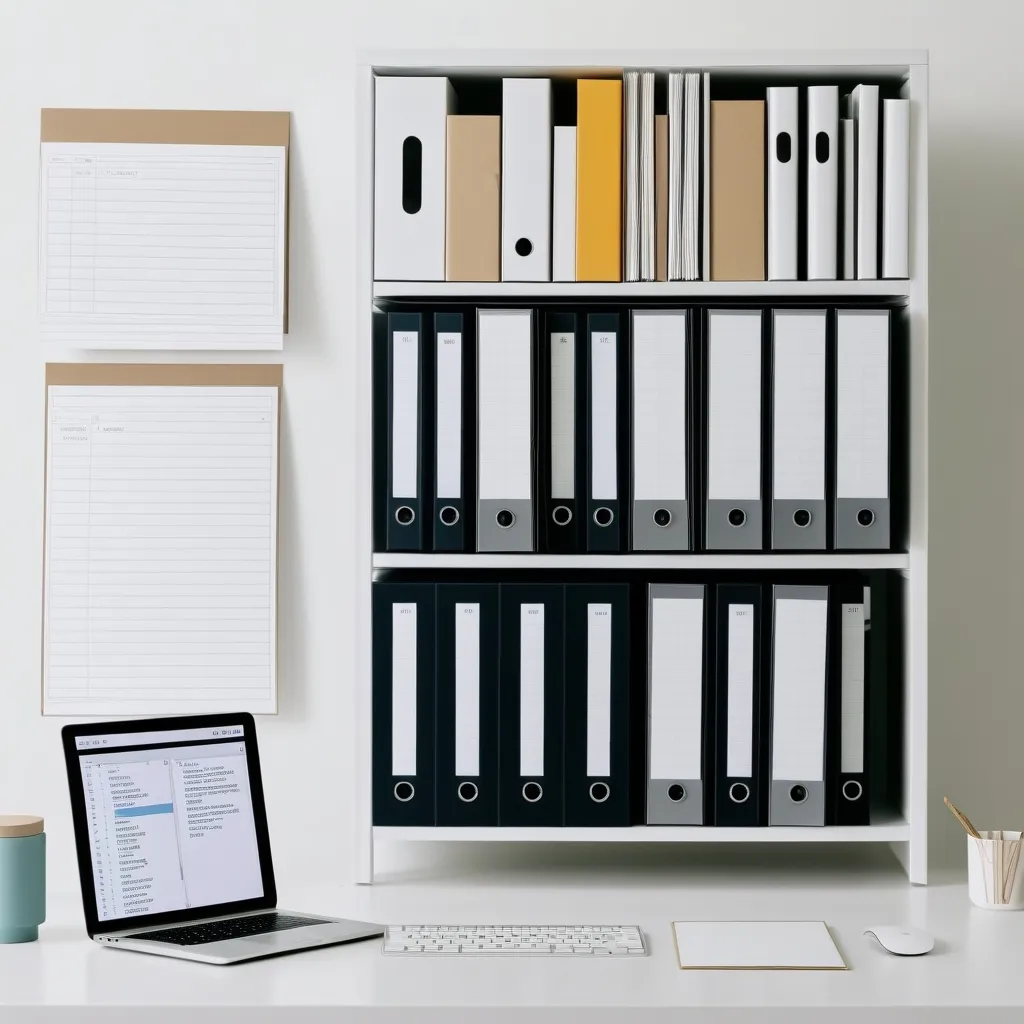Automating my financial life didn’t come from reading yet another list of “budgeting tips.” It started when I found myself overwhelmed by dozens of tiny money decisions: should I save more this month or pay off a little extra on my loan? Do I have enough to cover everything before payday, or did I forget about that streaming service again? If you’ve ever wondered if there’s a way to spend less time fussing over money and still grow wealth, you’re not alone.
“Wealth consists not in having great possessions, but in having few wants.” — Epictetus
I realized that people who seem “good with money” often don’t have better willpower. What they have are systems that do the heavy lifting for them. So let’s talk about building those smart money habits that put your finances on autopilot. These aren’t just workarounds for forgetfulness; they’re efficiency tools that help your money grow quietly in the background, freeing you to focus on life rather than spreadsheets.
The first habit I adopted was automating my savings as a set percentage of income, not a flat amount. Why a percentage? Because as my income changed—even if just a little—my savings adjusted too. It removed the temptation to “save what’s left over,” which, let’s be honest, rarely works. Every time I got paid, my chosen portion disappeared into a savings or investment account before I could even see it. Not once did I miss what I never had in my checking account. Have you ever noticed how out of sight really is out of mind when it comes to money?
“Do not save what is left after spending, but spend what is left after saving.” — Warren Buffett
Smart spending triggers became another quiet hero in my toolbox. I set up little “speed bumps” that made me pause before buying things outside my planned needs. For example, my bank app now pings me when I make a transaction above a certain amount or when I spend at stores I don’t frequent. It’s like having a friend who gently asks, “Are you sure?” before every impulse purchase. Most times, that pause is all I need to skip the buy altogether.
Another breakthrough: consolidating bill due dates. Many bills—utilities, subscriptions, phone—allow you to set your own payment date. I shifted them all to one or two days, close after my payday. Not only did this mean fewer calendar reminders and late fees, but the upfront payments gave me a much clearer sense of what was left for the rest of the month. This simple move cut down the mental clutter of remembering due dates and reduced my anxiety knowing I wasn’t accidentally missing anything.
Automation isn’t just for saving and paying bills. It’s also my secret weapon for investing. I set up automatic, incremental increases to my investment contributions every year. Even if it was just a one percent bump, those increases compounded faster than I expected. Why let raises disappear into lifestyle creep when I can “give my future self a raise” instead?
“Someone is sitting in the shade today because someone planted a tree a long time ago.” — Warren Buffett
Let’s talk about expense tracking. I don’t want to spend Sunday nights wrestling with receipts or apps. Minimal-effort expense shortcuts—like auto-categorized spending from my bank or a weekly summary via email—gave me the big picture with almost no effort. Are you relying on dozens of manual logs or can you trust your tech to handle it for you?
Emergency funds are the quiet guardians of any financial plan. I’ve found that automating a small, regular amount into a high-yield savings account means never second-guessing if I’m prepared for the unexpected. Even $10 or $20 a week, siphoned off without a thought, can snowball into a solid safety net over time. How secure would you feel if your emergency fund just kept growing without extra effort from you?
Subscriptions are sneaky. I once discovered I was paying for three different streaming services I hadn’t touched in months. Now, I use a subscription audit system, either through my bank or with a simple calendar reminder every quarter. It’s like spring cleaning for my finances—finding those forgotten recurring charges and deciding if they still deserve a spot in my budget.
What about seasonal swings? Car insurance, holiday shopping, annual memberships—these irregular expenses used to catch me off guard. So I started preparing for seasons of heavy spending by creating small, automated deposits throughout the year. When the time came, the money was already there. Have you ever faced a last-minute scramble to cover a big yearly bill? What if you could spread that load across twelve easy months?
Technology makes designing financial dashboard alerts easy, and it’s one of the smartest habits I’ve picked up. My dashboard sends warnings when my budget is veering off track or when my spending in a certain category spikes. These nudges are early detection signals, not lectures—just actionable information exactly when I need it. If my grocery spending is getting out of hand, I know before it turns into a big problem.
“The best way to predict your future is to create it.” — Peter Drucker
Let’s step back for a moment. These habits aren’t about pinching every penny or tracking every latte. They’re about setting up your money life to run with less friction and more reliability. The real benefit? You sidestep decision fatigue. No more wasted energy on the same questions: “How much should I save? Did I pay that bill? Should I buy this thing?” Your answers are all on autopilot—leaving you more bandwidth for, well, living.
Many believe financial discipline means constant self-denial. But I learned that the real magic lies in automating well-chosen habits and letting the system build wealth for you quietly and steadily. Imagine being able to spend guilt-free on the things you love because you know the essentials are handled in the background. What would you do with the time and stress you save?
“To acquire money requires valor, to keep money requires prudence, and to spend money well is an art.” — Berthold Auerbach
We live in an era with unprecedented access to tools for automation. Banks and financial apps can split your paycheck, pay your bills, invest your cash, and warn you when you’re off track—all without your daily input. The question isn’t whether automation works—the evidence says it does—but how creative you can get with the systems that suit your life.
Are there habits you could automate today that would make tomorrow easier? What would your life look like if money management became the quiet hum in the background, not a weekly chore?
I’ve found that financial automation isn’t just about saving time or reducing stress—it’s about building a future where wealth grows while I focus on the present. The smartest money is the money you set on autopilot and forget—until you check your accounts one day and realize just how far you’ve come.
“Don’t watch the clock; do what it does. Keep going.” — Sam Levenson
If you’re ready to move from “trying harder” to “working smarter,” start with one system today. Maybe it’s automating your savings percentage, maybe it’s auditing your subscriptions, or perhaps setting up alerts for spending spikes. Each smart habit, automated, is one less thing to worry about and one more step toward true financial freedom.
Which of these habits will you automate first? And how will you use the free time, peace of mind, and growing wealth that follow? The future belongs to those who prepare for it automatically—one smart step at a time.
